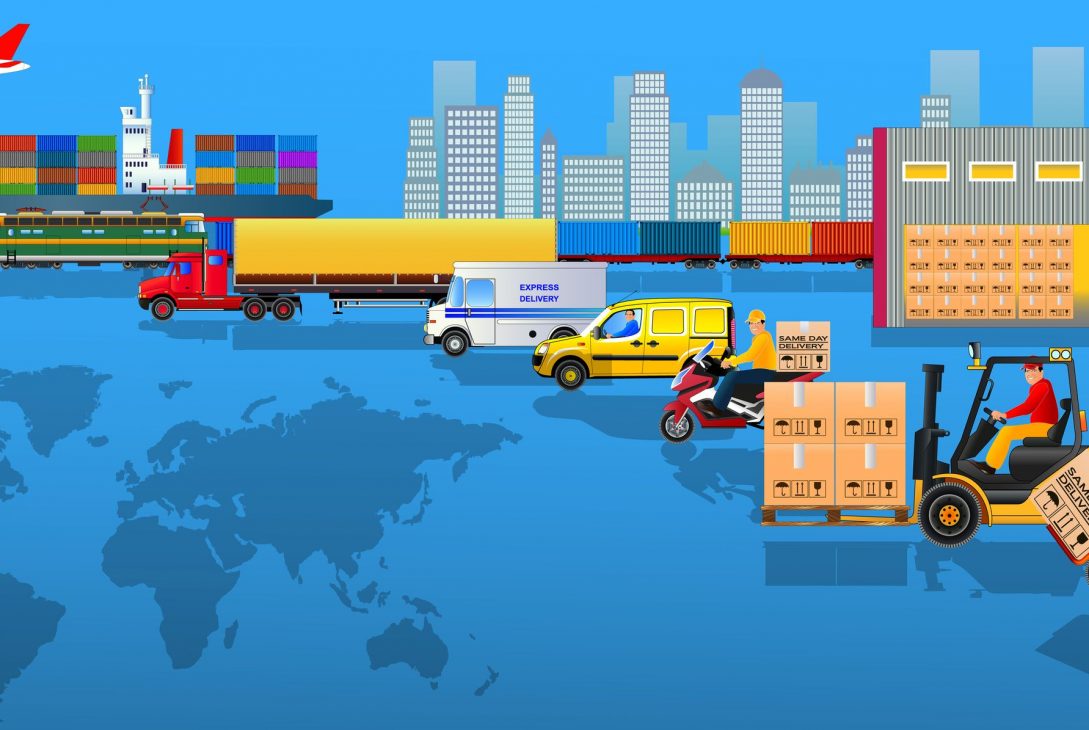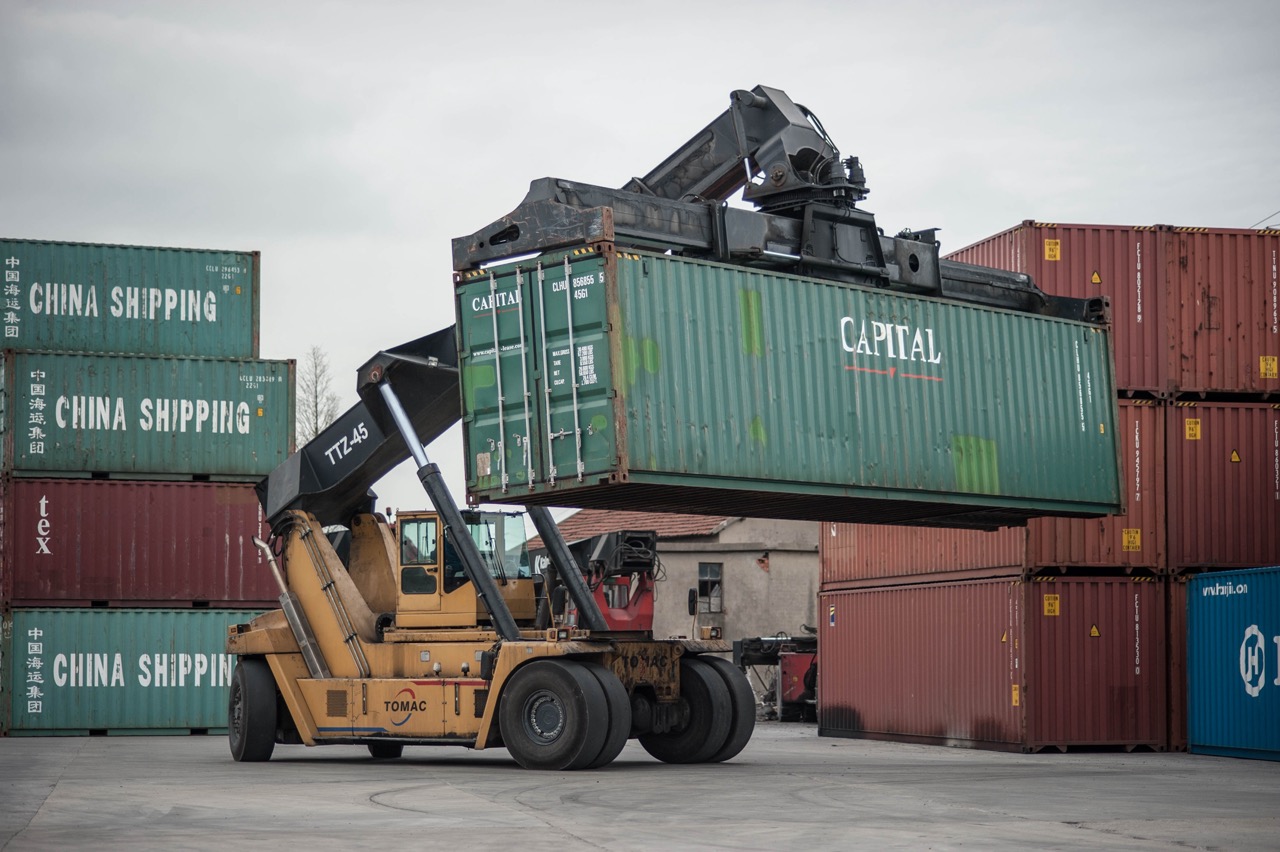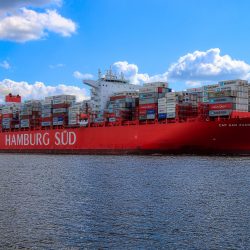What is logistics marketing
Logistics marketing replaced the traditional strategy of increasing competitiveness through the production of goods that consumers needed. In the 70s, this approach was no longer effective, and then logistics became one of the tools to implement the ideas of marketing. Thus, a new concept emerged in the market, where these two areas complement each other.
In the last 10 years, the importance of logistics has increased significantly; it has become one of the key factors in the development of the economy. Logistics systems account for about 30% of GDP in countries with a strong industrial sector. They are responsible for sales, procurement, and distribution and play an important role in business development. Thanks to proper logistics processes, companies have reduced inventories in production and accelerated the flow of working capital. Thanks to the development of transnational transportation, trade between countries and continents has become more convenient and faster.
Currently, experts distinguish between three approaches in logistics marketing. The first of them considers marketing as one of the sections of logistics and helps solve the problems of marketing and getting products to the end consumer.

The second approach, on the contrary, divides these areas into separate directions, which interact closely. Marketing manages production, undertakes the task of promoting products on the market, and studies demand. Logistics deals with material and information flows in order to use them effectively. In addition, it assumes responsibility for the physical movement of products both within the company and to the market.
The third approach says that logistics is one of the components of marketing, developing and complementing it. In this case, logistics builds a flexible system of interaction between supplier, consumer and transport. Marketing is responsible for market analysis, advertising support and product promotion. At the same time, the issues of assortment planning and its volume are solved with the participation of the logistics service, which is engaged in the provision of raw materials and stock control.
After-sales service is part of the spectrum of marketing activities, but it will be ineffective if it does not adhere to the rules that apply to the organization of logistics activities. The increase in a company’s competitiveness, on the one hand, depends on the level of service provided and, on the other hand, on the increase in demand in the market. At the same time, after-sales service costs are on the rise, and logistics takes on the task of finding the optimal balance between service costs and overall business costs.
Even issues such as product packaging must be handled jointly by marketing and logistics. The first service develops original packaging, which can increase sales. Logistics, in turn, dictates its size and quality requirements for safe transportation.




















